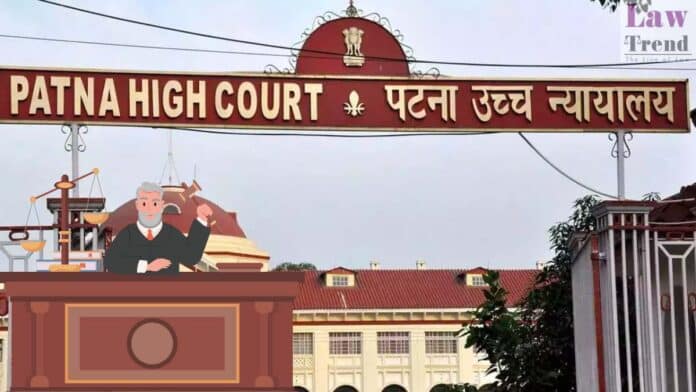The High Court of Judicature at Patna has acquitted a man convicted under the Protection of Children from Sexual Offences (POCSO) Act, 2012, and Section 376 of the Indian Penal Code, 1860. A Division Bench of Justice Rajeev Ranjan Prasad and Justice Sourendra Pandey set aside the trial court’s judgment, holding that the prosecution failed
To Read More Please Subscribe to VIP Membership for Unlimited Access to All the Articles, Download Available Copies of Judgments/Order, Acess to Central/State Bare Acts, Advertisement Free Content, Access to More than 4000 Legal Drafts( Readymade Editable Formats of Suits, Petitions, Writs, Legal Notices, Divorce Petitions, 138 Notices, Bail Applications etc.) in Hindi and English.




